China manufacturing cities

Introduction
China's ascent to becoming a global manufacturing superpower is a fascinating tale of innovation, ambition, and economic growth. The nation's manufacturing sector has played a pivotal role in its impressive rise, propelling it to the forefront of the world stage. In this article, we will embark on a journey to explore some of China's prominent manufacturing hubs, each with its unique specialization and contribution to the country's industrial might.
China's manufacturing sector stands as a paragon of industrial prowess, shaping the nation's economic landscape for decades. Characterized by its robust infrastructure, skilled workforce, and vast resources, China has attracted global attention as the go-to destination for manufacturing excellence. The sector's expansion has been a driving force behind China's economic growth, transforming the nation into the world's second-largest economy.
Role of Manufacturing in China's Economic Growth
At the heart of China's economic transformation lies the manufacturing industry. This sector has been the cornerstone of the country's growth, stimulating investment, creating jobs, and fostering technological advancements. By embracing manufacturing as a strategic priority, China has accelerated its modernization and global influence, enabling it to become an economic powerhouse.
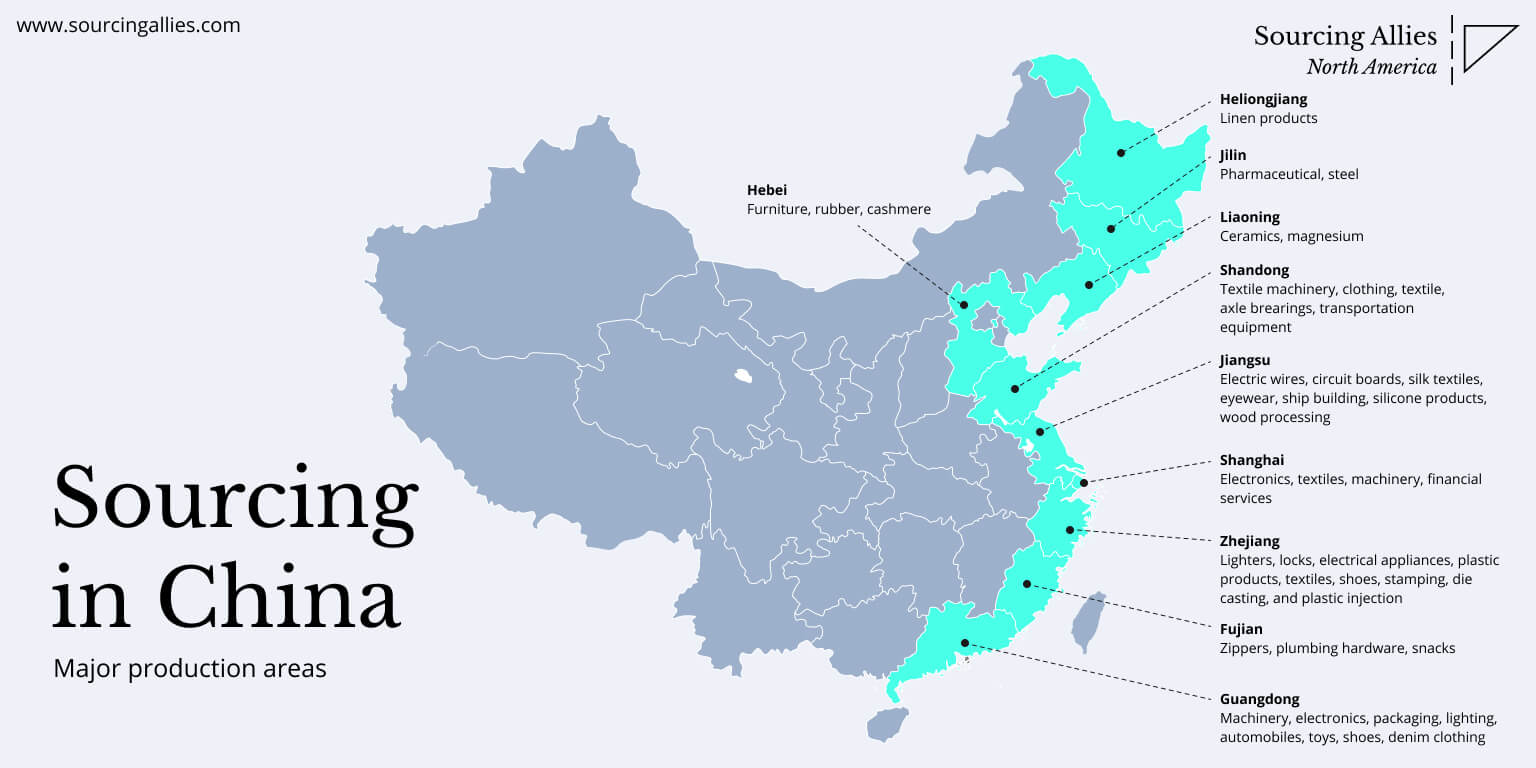
Shenzhen - The Silicon Valley of Hardware
Nestled in Guangdong province, Shenzhen has earned its moniker as the "Silicon Valley of Hardware." Once a humble fishing village, Shenzhen's remarkable metamorphosis into a technological haven is nothing short of extraordinary. The city has become a beacon of innovation, attracting hardware startups and entrepreneurs from around the world.
Shenzhen's Manufacturing Evolution
Shenzhen's rise from obscurity to prominence is a testament to its adaptability and ingenuity. The city's transformation began in the late 1970s when it was designated as China's first Special Economic Zone. Since then, it has experienced exponential growth, fuelled by its openness to foreign investment, favorable policies, and a dynamic business environment.
Electronic Manufacturing in Shenzhen
The beating heart of Shenzhen's manufacturing prowess lies in its electronic manufacturing capabilities. The city has become a global electronics manufacturing hub, producing an extensive range of consumer electronics, telecommunications equipment, and cutting-edge technologies. The ecosystem of suppliers, manufacturers, and designers has fostered an environment that thrives on collaboration and competition, spurring continuous innovation.
The Rise of Hardware Startups in the City
Shenzhen's allure goes beyond established giants in the electronics industry. It has become a magnet for hardware startups, drawn by the city's abundant resources, proximity to manufacturers, and access to a skilled workforce. The city's vibrant maker culture has nurtured an entrepreneurial spirit, where ideas are transformed into tangible products at an unprecedented pace.
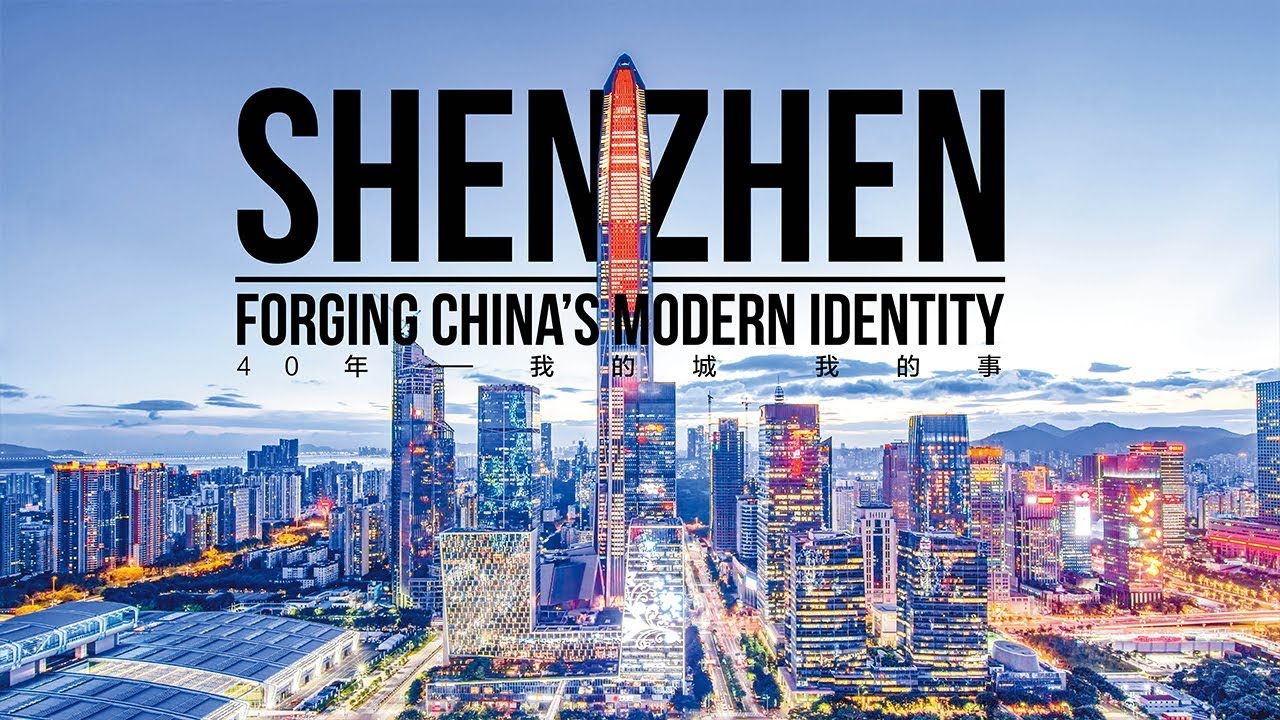
Guangzhou - Where Textiles Weave Prosperity
Situated along the Pearl River, Guangzhou has a rich history steeped in the textile industry. This ancient city has preserved its legacy while embracing modern techniques to thrive in the global textile market.
The Historical Significance of Guangzhou's Textile Industry
Guangzhou's textile industry dates back to ancient times, connecting China with the rest of the world through the Silk Road. The city's silk and textile exports have adorned emperors and dignitaries across continents, earning it the title "City of Rams" due to its fabled history.
Modern Textile Manufacturing in Guangzhou
As the textile industry evolved, Guangzhou adapted to embrace modern manufacturing techniques. Today, it stands as a modern textile hub, producing an extensive array of fabrics, garments, and fashion accessories. The city's skilled artisans and designers work hand in hand with advanced machinery to create products that blend tradition with contemporary aesthetics.
Sustainable Practices and Innovations in Textiles
In response to global environmental concerns, Guangzhou's textile industry has made strides towards sustainability. Manufacturers are increasingly adopting eco-friendly practices, such as using organic materials, reducing water consumption, and implementing circular economy principles. Innovations in dyeing techniques and recycling processes are paving the way for a greener and more sustainable future for the textile industry.
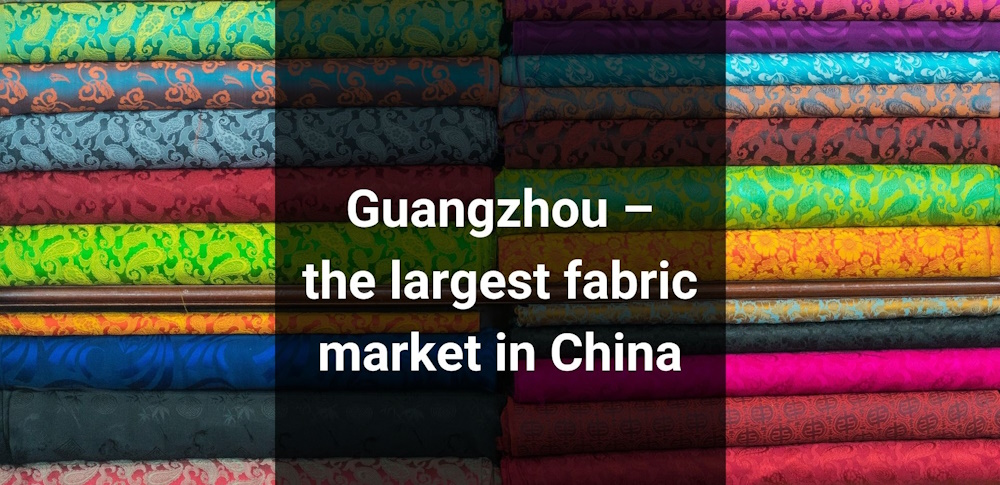
Dongguan - The Factory of the World
Located in Guangdong province, Dongguan has earned the title "Factory of the World" for its role as a major manufacturing base. The city's industrial landscape is characterized by diversity and technological advancements.
Dongguan's Emergence as a Manufacturing Powerhouse
Dongguan's ascent as a manufacturing powerhouse can be traced back to the 1980s when it became a focal point for labor-intensive industries. Since then, it has transformed, diversifying its industrial landscape to accommodate a wide range of sectors, including electronics, plastics, toys, and textiles.
The Diversity of Industries in Dongguan
Dongguan's industrial ecosystem reflects its adaptability and flexibility. The city is home to an extensive network of manufacturing clusters, each specializing in a specific industry. This diversity has allowed Dongguan to weather economic changes, ensuring its resilience in the face of global challenges.
Labor Conditions and Technological Advancements
As the manufacturing landscape evolves, Dongguan has made significant strides in improving labor conditions. Technological advancements have paved the way for automation and digitization, reducing the dependence on manual labor and enhancing overall productivity. The city's focus on upskilling its workforce has empowered employees to embrace new technologies and propel the city's manufacturing capabilities to new heights.
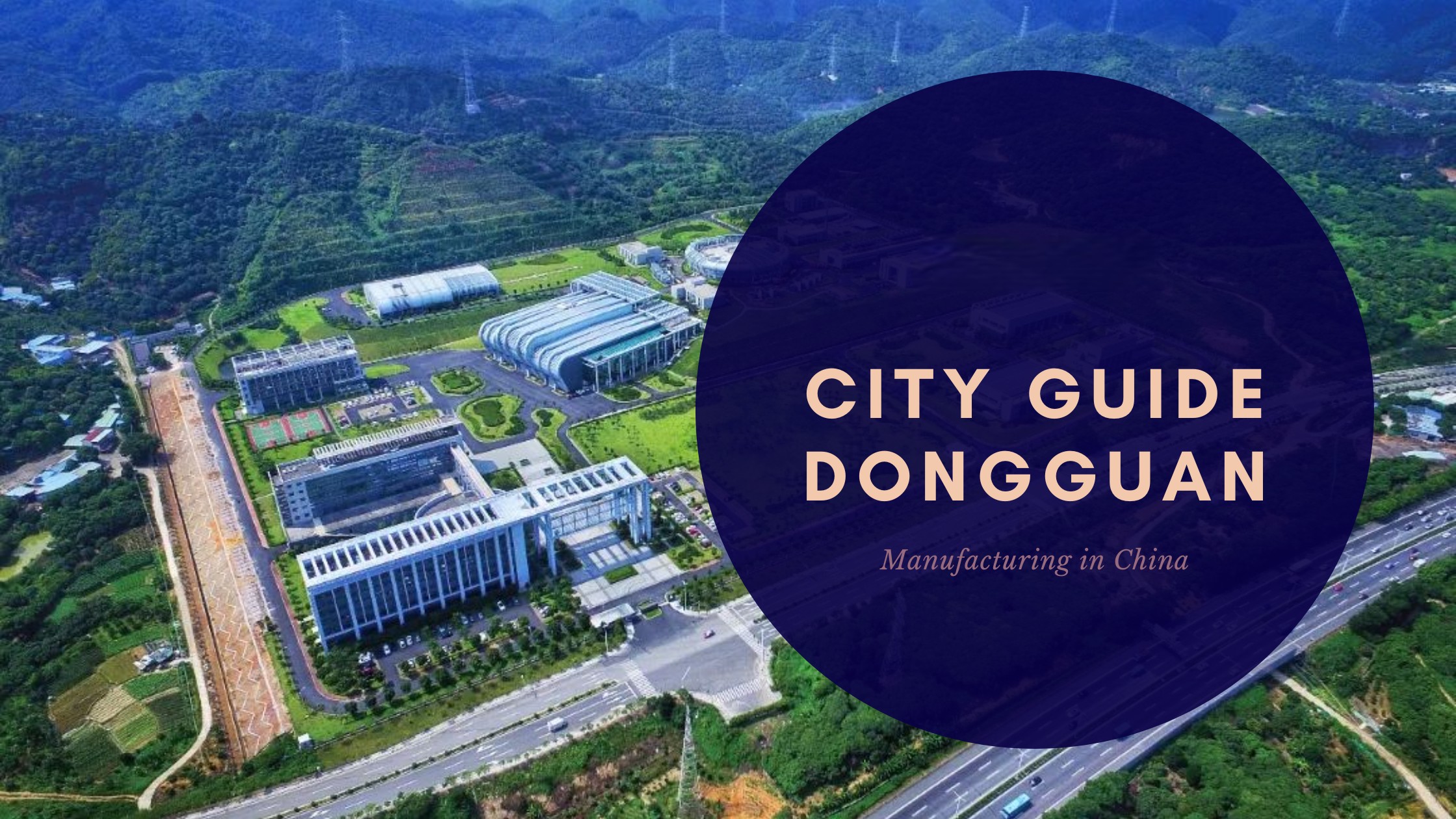
Suzhou - The Ancient Craftsmanship Meets Modern Manufacturing
Suzhou, renowned for its classical gardens and scenic beauty, has also carved a niche for itself in modern manufacturing. The city's craftsmanship heritage blends seamlessly with precision engineering and sustainable practices.
The Manufacturing Heritage of Suzhou
Suzhou's manufacturing roots run deep into history, with traditional craftsmanship being the cornerstone of its identity. The city's artisans have been masters of their trades, producing exquisite silk, pottery, and other handicrafts that have found admirers both within China and beyond.
Precision Engineering and Machinery Manufacturing
Despite its profound heritage, Suzhou has embraced modernity and become a hub for precision engineering and machinery manufacturing. The city boasts cutting-edge facilities producing industrial machinery, precision tools, and high-tech equipment. Its skilled workforce, combined with advanced research and development centers, has enabled Suzhou to stay at the forefront of technological advancements.
Suzhou's Focus on Sustainable Production
In harmony with its traditional emphasis on aesthetics and balance with nature, Suzhou's manufacturing sector is also committed to sustainable production. The city actively promotes eco-friendly practices, from waste reduction to energy-efficient production methods. Suzhou's manufacturers are paving the way for a future where industry and environmental conservation go hand in hand.
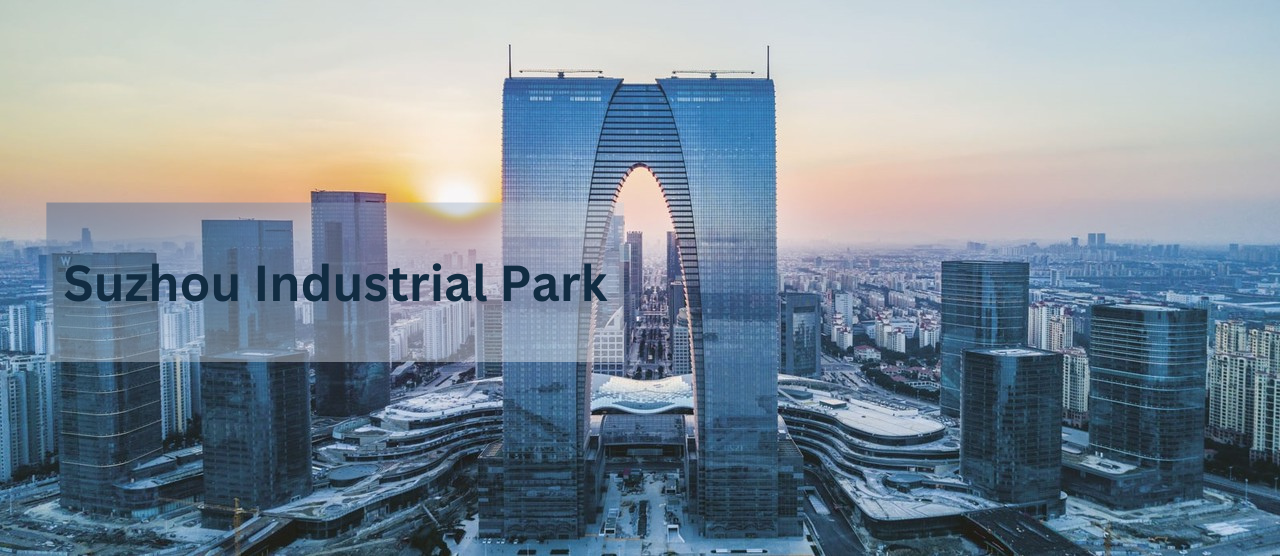
Chongqing - Driving China's Automotive Industry
Nestled in southwestern China, Chongqing has emerged as a driving force in the country's automotive sector. The city's strategic location and government support have contributed to its role as a key player in the automotive industry.
Chongqing's Pivotal Role in the Automotive Sector
Chongqing's geographical advantage, situated along the Yangtze River and at the crossroads of major transportation routes, has bolstered its significance in the automotive industry. The city has become a critical center for automobile production and a hub for related industries, such as parts manufacturing and automotive research.
Automotive Manufacturing and Assembly in Chongqing
Chongqing's automotive prowess is evident through its vast production facilities and assembly lines. The city boasts state-of-the-art automotive manufacturing plants, churning out millions of vehicles annually. This scale of production has not only catered to domestic demand but also fueled Chongqing's status as a major exporter of automobiles.
The Impact of Chongqing's Automotive Exports
Chongqing's automotive exports have not only strengthened its position in the global market but also contributed significantly to China's overall economic growth. By exporting vehicles to various corners of the world, Chongqing has played a crucial role in enhancing China's global trade relations and solidifying its position as a leading player in the automotive industry.
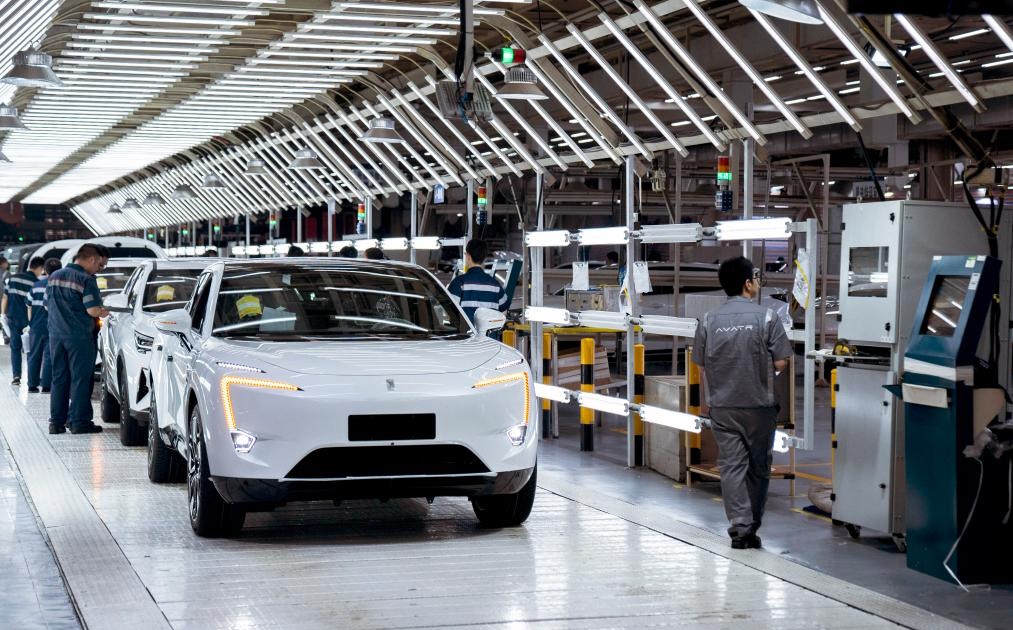
Tianjin - Connecting the World Through Trade and Manufacturing
Tianjin, a city steeped in history and strategically positioned along the Bohai Sea, has emerged as a crucial link in China's global trade network. Its significance as a major port and logistics hub has played a pivotal role in connecting China with the rest of the world. Tianjin's maritime and shipbuilding industry further enhances its role in international trade, while its thriving manufacturing sector complements the city's position as a key player in the global economy.
Tianjin's Significance as a Major Port and Logistics Hub
Tianjin's location at the northern tip of the Bohai Gulf grants it easy access to international shipping routes, making it an ideal gateway for trade with other countries. The city's port, one of the busiest in the world, handles a vast array of goods, ranging from raw materials to finished products, facilitating seamless imports and exports. Tianjin's logistics infrastructure, including modern warehousing and efficient transportation networks, further reinforces its status as a vital trade hub.
The Maritime and Shipbuilding Industry in Tianjin
Tianjin's maritime and shipbuilding industry is deeply rooted in its historical ties to the sea. Today, it stands as a beacon of modern shipbuilding excellence. The city boasts state-of-the-art shipyards equipped with advanced technology and a skilled workforce, enabling the construction of large vessels, including bulk carriers, oil tankers, and container ships. Tianjin's shipbuilding prowess not only caters to domestic demand but also caters to international customers, solidifying China's position in the global shipbuilding market.
Manufacturing's Intersection with Global Trade
Tianjin's manufacturing sector is intricately intertwined with global trade. The city's industrial landscape spans a wide range of industries, from electronics and machinery to textiles and automotive. These manufacturing capabilities complement China's position as the "world's factory," producing goods that find their way into markets worldwide. Tianjin's role in manufacturing goes beyond production; it serves as a distribution center, where goods are efficiently transported and shipped to various parts of the world, contributing significantly to the growth of China's export-oriented economy.
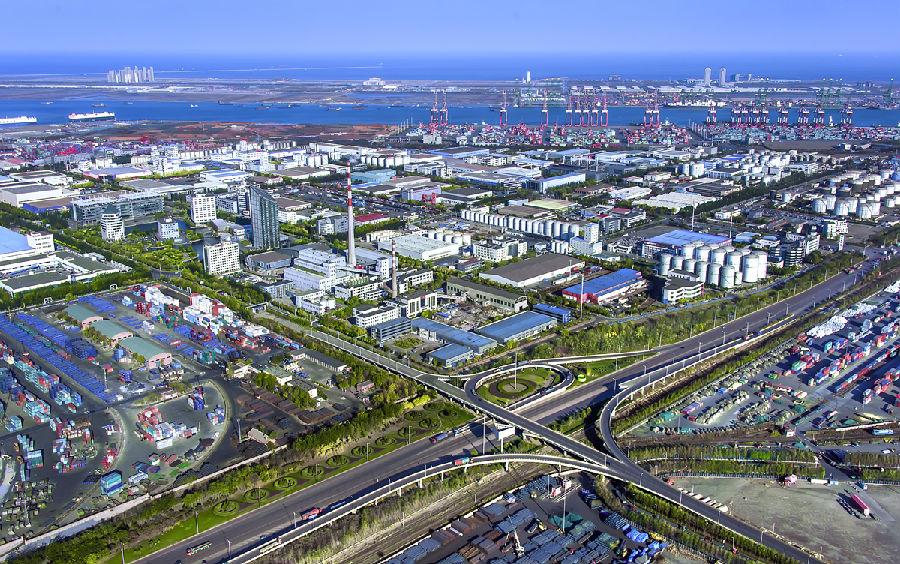
Wuhan - Forging Steel and Beyond
Wuhan, an industrial powerhouse in central China, has carved its name in the annals of history as a city that forges steel and transforms raw materials into vital building blocks for the nation's growth. With a legacy of steel production, Wuhan's industrial prowess extends beyond its steel mills, contributing significantly to China's economic development.
Wuhan's Steel Production Legacy
Wuhan's steel production legacy traces back to the early 20th century when the city's first steel plant was established. Over the decades, the city has evolved into a major steel production center, producing a substantial portion of China's total steel output. Wuhan's steel mills have been crucial in supplying raw materials to various industries, including construction, infrastructure, and manufacturing, supporting the nation's rapid development.
The Steel Industry's Contribution to China's Economy
The steel industry holds paramount importance in China's economic growth, and Wuhan has been at the forefront of this contribution. Steel serves as the backbone of the nation's infrastructure, supporting the construction of bridges, railways, and high-rise buildings. Furthermore, steel plays a pivotal role in the manufacturing sector, where it is used in the production of automobiles, machinery, and various consumer goods.
Challenges and Sustainable Practices in Steel Manufacturing
Despite its significance, the steel industry faces challenges, including overcapacity and environmental concerns. Wuhan, like many other steel-producing cities in China, has been actively implementing sustainable practices to address these issues. Upgrading technologies to improve energy efficiency and reducing emissions are some of the measures adopted to mitigate the environmental impact of steel manufacturing. The city's commitment to sustainability aligns with China's broader goals of achieving green and low-carbon development.
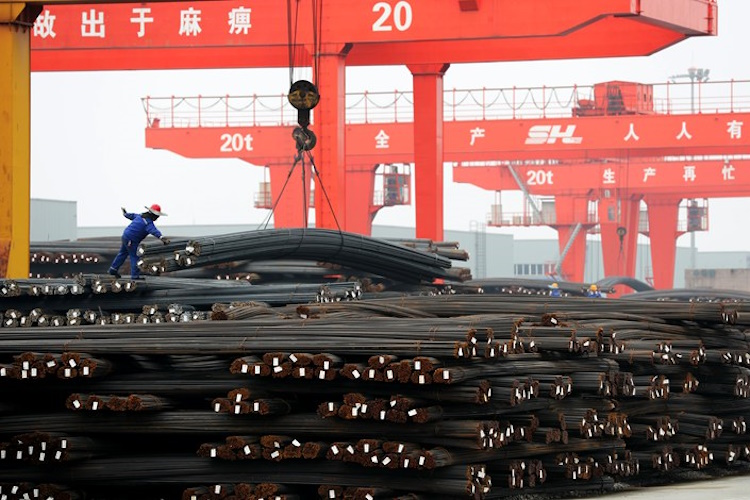
Hangzhou - From E-commerce Hub to Tech Manufacturing Powerhouse
Hangzhou, once renowned for its picturesque landscapes and historical allure, has transformed into a bustling metropolis with a unique identity. The city's transition from an e-commerce hub to a tech manufacturing powerhouse is a testament to its adaptability and commitment to innovation.
Hangzhou's Transition into a Tech Manufacturing Center
Hangzhou's metamorphosis began with the rise of e-commerce giant Alibaba, which was founded in the city. Alibaba's success not only put Hangzhou on the map as an e-commerce hub but also laid the foundation for its transition into a tech manufacturing center. The city's vibrant startup ecosystem and supportive business environment have attracted numerous technology companies and research institutions, fostering a culture of innovation and manufacturing excellence.
Internet of Things (IoT) and Smart Manufacturing in Hangzhou
Hangzhou's journey into tech manufacturing has been fueled by the Internet of Things (IoT) revolution. The city has become a hub for the development and application of IoT technologies, where interconnected devices and smart systems optimize manufacturing processes, enhance productivity, and improve product quality. Hangzhou's expertise in smart manufacturing extends across various industries, including electronics, automotive, and pharmaceuticals.
E-commerce and Digital Innovation Driving Manufacturing
Hangzhou's roots in e-commerce continue to influence its manufacturing landscape. E-commerce platforms have enabled businesses in Hangzhou to connect with global markets, facilitating cross-border trade and exports. Moreover, digital innovation, such as big data analytics and artificial intelligence, has revolutionized manufacturing processes, providing companies with valuable insights and tools to streamline operations and meet consumer demands effectively.
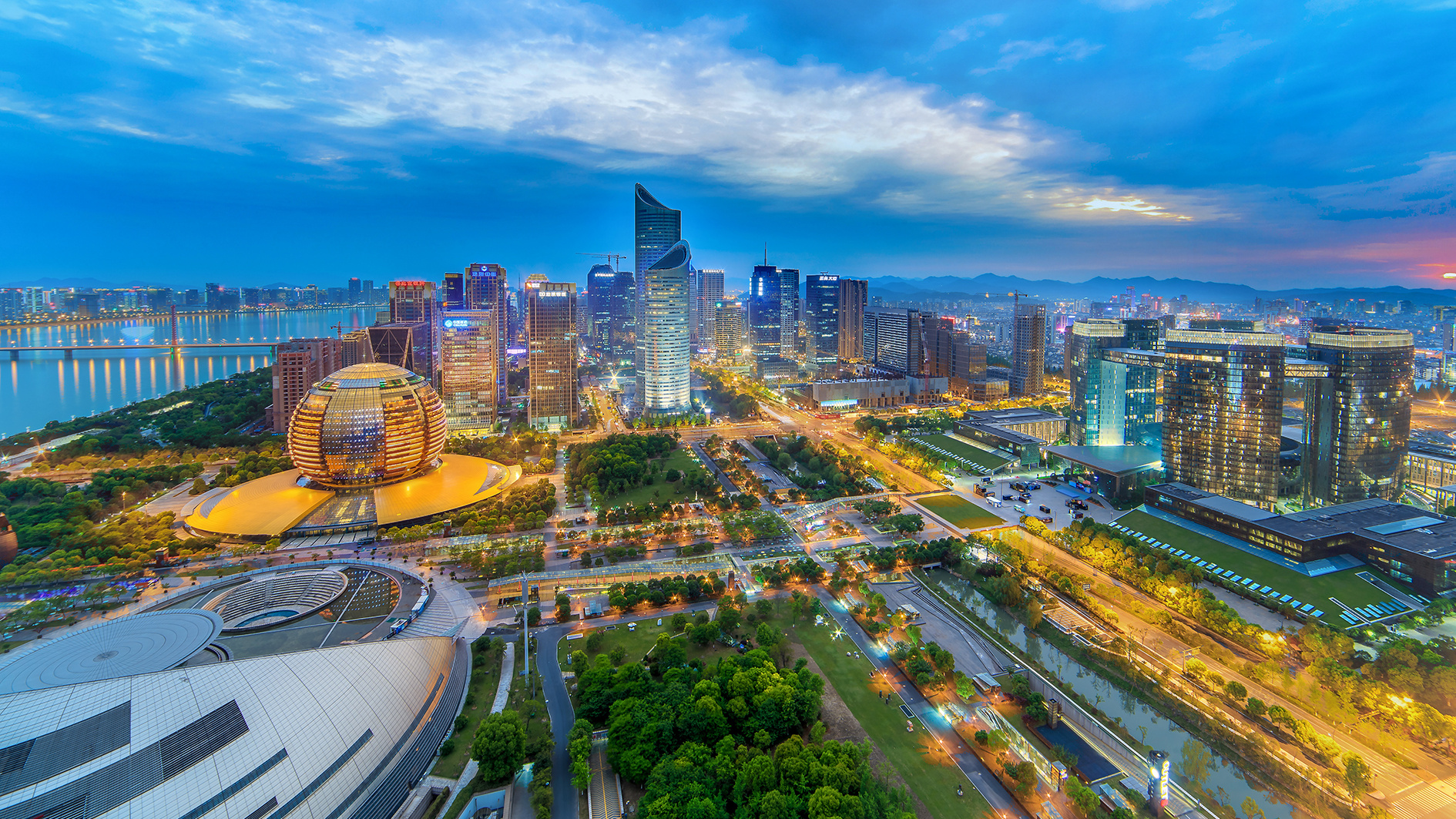
Chengdu - Reaching for the Skies: Aerospace and Aviation Manufacturing
Chengdu, the capital of Sichuan province, has taken flight in the aerospace and aviation manufacturing sectors, earning a reputation as a city that reaches for the skies. With a strategic focus on the aerospace industry, Chengdu has become a crucial player in China's quest for technological supremacy in the skies.
Chengdu's Aerospace and Aviation Manufacturing Prowess
Chengdu's aerospace and aviation journey began with the establishment of the Chengdu Aircraft Industry Group, which played a pivotal role in China's aerospace ambitions. The city is home to cutting-edge aerospace facilities, where aircraft, helicopters, and unmanned aerial vehicles are designed, developed, and manufactured. Chengdu's expertise in aerospace technology has garnered global recognition, and its products are sought after by both domestic and international customers.
Key Players and Projects in the Aerospace Sector
As one of China's aerospace powerhouses, Chengdu is the birthplace of several iconic aircraft models, including the J-7 fighter jet and the J-20 stealth fighter. The city is also at the forefront of the development of China's indigenous civil aviation aircraft, aiming to reduce dependence on foreign technology and foster self-reliance in this critical industry. Additionally, Chengdu actively collaborates with international partners on joint research and development projects, contributing to the city's global significance in the aerospace and aviation sectors.
Technological Advancements and Research in Chengdu
Chengdu's aerospace and aviation industry thrives on technological advancements and research. The city hosts a network of research institutions, universities, and innovation centers focused on aerospace technology and materials. Cutting-edge research in aerodynamics, propulsion systems, and avionics ensures that Chengdu remains at the forefront of aerospace innovation, providing the nation with next-generation aircraft and technologies.
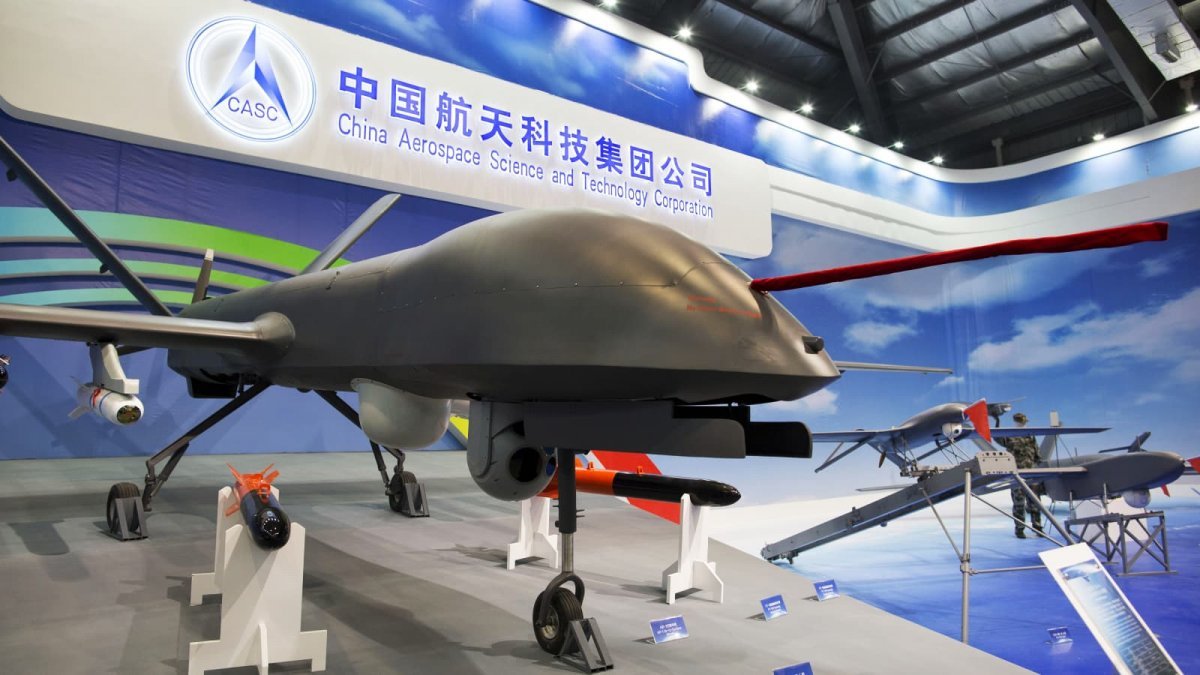
Xi'an - High-Tech Industrial Zone of Innovation
Xi'an, the ancient capital of China, has undergone a metamorphosis into a high-tech industrial zone, blending its rich historical heritage with modern innovation. With a strategic focus on high-tech manufacturing, Xi'an has become a hub of technological excellence and a driving force behind China's industrial innovation.
Xi'an's Transformation into a High-Tech Manufacturing Zone
Xi'an's transformation into a high-tech manufacturing zone can be attributed to the city's strategic location and government policies aimed at promoting technology and innovation. With the establishment of industrial parks and innovation zones, Xi'an has attracted technology companies, research institutions, and skilled professionals, creating a fertile ground for technological advancement and industrial growth.
Semiconductors and Electronics Manufacturing in Xi'an
At the heart of Xi'an's high-tech manufacturing landscape lies the semiconductor and electronics industry. The city has become a hub for semiconductor manufacturing, producing chips and electronic components that power a wide range of devices, from smartphones to artificial intelligence systems. Xi'an's semiconductor prowess aligns with China's national strategy to achieve self-sufficiency in the semiconductor industry and reduce reliance on foreign suppliers.
Research Institutions and Educational Contributions
Xi'an's pursuit of innovation is complemented by its network of research institutions and educational establishments. The city hosts leading universities and research centers that specialize in high-tech fields, including materials science, artificial intelligence, and robotics. These institutions drive research and development, produce skilled professionals, and foster collaboration between academia and industry, accelerating technological advancements in Xi'an.
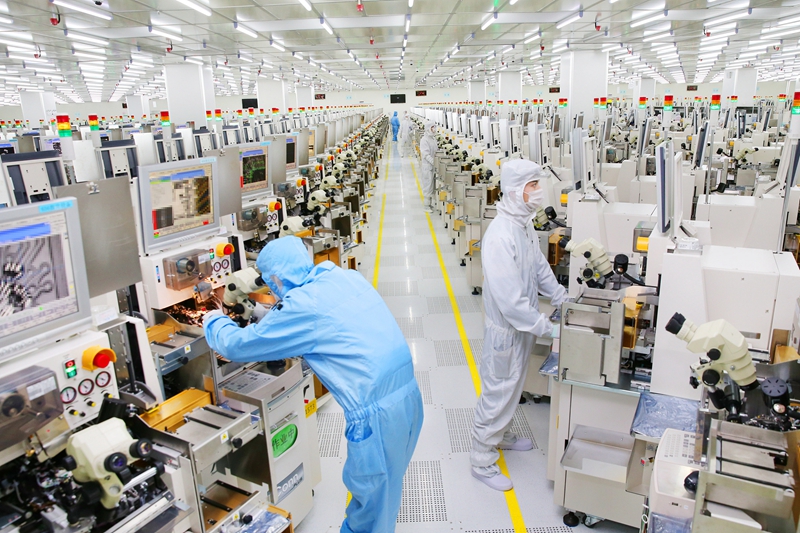
Nanjing - The Machinery and Equipment Heartland
Nanjing, historically known as a city of emperors, has transformed into a modern-day machinery and equipment heartland. With a legacy in heavy machinery and a focus on advanced equipment production, Nanjing plays a crucial role in powering China's manufacturing engine.
Nanjing's Role in Machinery and Equipment Manufacturing
Nanjing's machinery and equipment manufacturing sector is deeply rooted in its industrial heritage. The city's expertise lies in the production of heavy machinery, such as construction equipment, industrial machinery, and agricultural machinery. Nanjing's manufacturing capabilities are characterized by precision engineering, robust quality control, and adherence to international standards, making its products highly sought after in both domestic and global markets.
Heavy Machinery and Advanced Equipment Production
Nanjing's prowess in heavy machinery extends to the production of advanced equipment used in various industries. The city's cutting-edge facilities produce industrial automation systems, precision tools, and specialized equipment for sectors such as aerospace, energy, and transportation. Nanjing's contribution to advanced equipment manufacturing bolsters China's industrial competitiveness and fosters technological progress.
Nanjing's Global Impact through Exports
Nanjing's heavy machinery and advanced equipment are not only essential for domestic projects but also make their way to international markets through exports. The city's export-oriented manufacturing approach has been instrumental in enhancing China's global trade relations. Nanjing's reputation for reliable and high-quality machinery has solidified its position as a key player in the global manufacturing landscape.
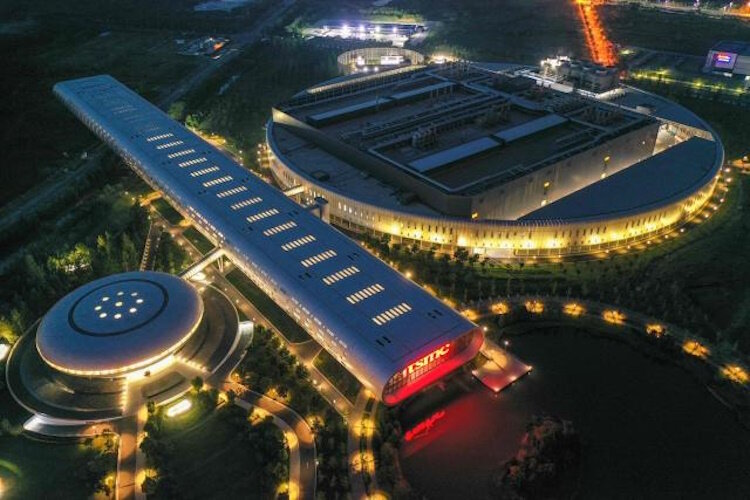
Qingdao Brewing Success: Manufacturing in Food and Beverage
Qingdao, a coastal city with a rich cultural heritage, has brewed success in the food and beverage manufacturing industry. With a thriving food processing and beverage production sector, Qingdao's products have reached tables around the world, contributing to China's growing presence in the global food and beverage market.
Qingdao's Thriving Food and Beverage Manufacturing Industry
Qingdao's favorable location near the sea and access to abundant agricultural resources have fostered the growth of a diverse food and beverage manufacturing industry. The city is home to a variety of food processing plants and beverage production facilities, where an array of products, from canned seafood to alcoholic beverages, are produced and packaged.
Brewing and Bottling Facilities in Qingdao
One of the key highlights of Qingdao's food and beverage manufacturing landscape is its brewing and bottling facilities. The city's breweries are renowned for producing world-famous beers, including the iconic Tsingtao Beer, which has become an ambassador of Chinese brewing culture. These breweries leverage modern technology and traditional brewing techniques to produce beverages that resonate with consumers worldwide.
The Export of Food and Beverage Products
Qingdao's food and beverage manufacturing industry has extended its reach to international markets through exports. The city's products are exported to numerous countries, where they have gained popularity for their quality and taste. Qingdao's success in the global food and beverage trade has not only contributed to China's economic growth but also promoted Chinese culinary culture on the global stage.
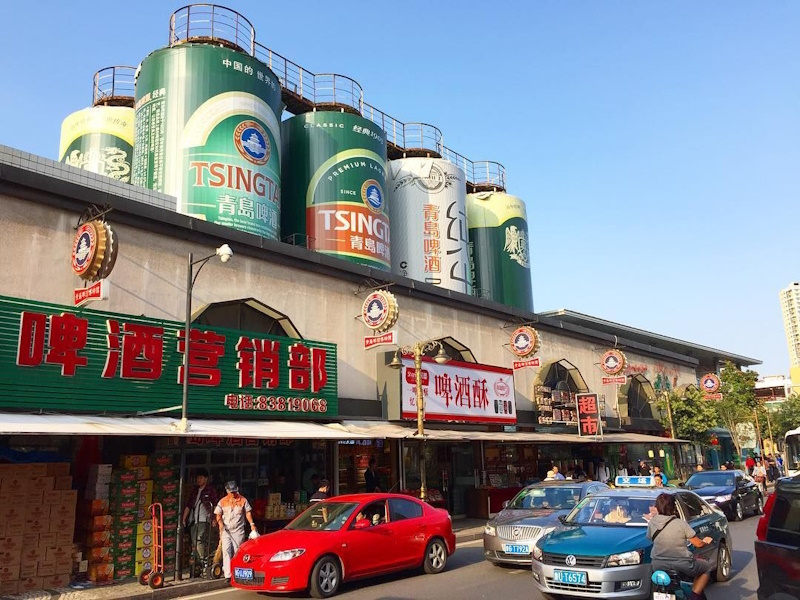
Shenyang - From Heavy Industry to Modern Manufacturing
Shenyang, a city steeped in industrial heritage, has embarked on a journey from heavy industry to modern manufacturing. As the capital of Liaoning province, Shenyang has diversified its industrial landscape to embrace high-tech sectors, paving the way for future growth and innovation.
Shenyang's History in Heavy Industry
Shenyang's heavy industry roots can be traced back to the early 20th century when it served as a hub for manufacturing heavy machinery, locomotives, and military equipment. The city's industrial legacy has contributed significantly to China's economic development, supporting the nation's infrastructure and industrialization.
Diversification into Modern Manufacturing Sectors
As China's economy evolves, Shenyang has adapted by diversifying its manufacturing sectors. The city has strategically shifted its focus to embrace high-tech industries, including aerospace, automotive, and electronics. Shenyang's industrial parks and research centers foster innovation, attracting technology companies and skilled professionals to contribute to the city's modern manufacturing landscape.
Government Policies and Support for Industrial Transformation
Shenyang's transformation from heavy industry to modern manufacturing has been bolstered by government policies and support. The city's commitment to innovation and industrial upgrading aligns with China's broader vision for technological self-reliance and economic growth. Through investment in research and development, education, and infrastructure, Shenyang aims to position itself as a key player in China's high-tech industrial landscape.
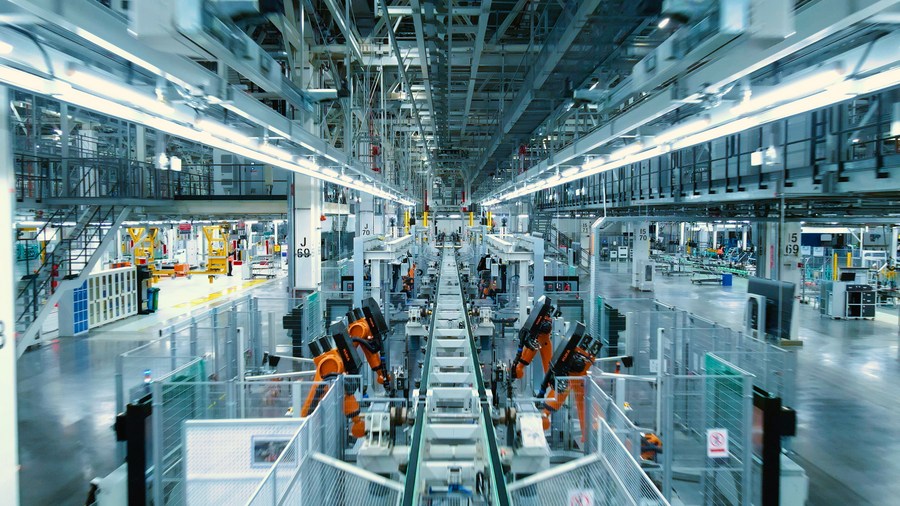
Zhengzhou - The New Electronics Manufacturing Hub
In the heart of China's Henan province lies Zhengzhou, a city that has seen a meteoric rise in the world of electronics manufacturing. With a strategic location and a conducive business environment, Zhengzhou has become a magnet for the production of consumer electronics and technology products. This article delves into Zhengzhou's journey as an electronics manufacturing hub, exploring its potential as an export base and the factors contributing to its success.
Zhengzhou's Rise in Electronics Manufacturing
Zhengzhou's transformation into an electronics manufacturing hub can be attributed to its strategic location at the intersection of major transportation routes. The city's accessibility to raw materials, skilled labor force, and supportive government have all played a crucial role in attracting companies to set up manufacturing facilities. As a result, Zhengzhou has witnessed a steady influx of investments, positioning it as a key player in China's electronics industry.
Consumer Electronics and Technology Products
In recent years, Zhengzhou has become a hotspot for the production of consumer electronics and cutting-edge technology products. Leading electronics manufacturers have established a strong presence in the city, producing smartphones, tablets, laptops, and other high-tech gadgets. Zhengzhou's expertise in electronics assembly and manufacturing has made it a vital link in the global supply chain for consumer electronics.
Zhengzhou's Potential as an Export Base
Beyond catering to domestic demand, Zhengzhou's manufacturing capabilities extend to serving international markets. The city's strategic location and well-developed logistics infrastructure have made it an ideal export base for electronics products. Zhengzhou's export-oriented approach has not only contributed to China's trade balance but also strengthened its position as a global player in the electronics market.
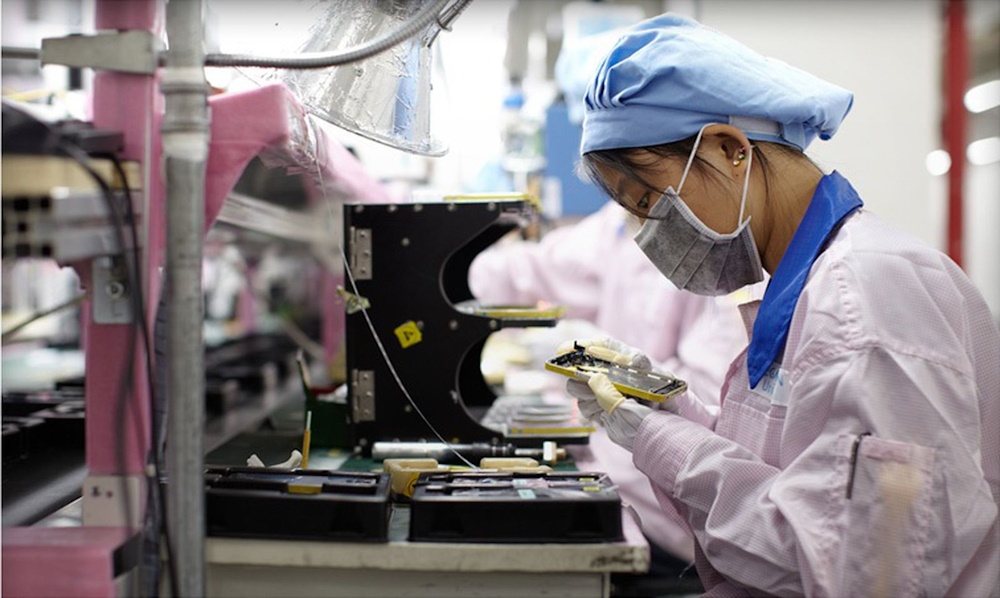
Changsha - The Emerging Electronics and IT Manufacturing City
Nestled in China's central region, Changsha has emerged as an emerging powerhouse in electronics and IT manufacturing. The city's vibrant industrial landscape is marked by its growing presence in producing electronics components, devices, and IT-related products. This section explores Changsha's rise in the electronics sector, its commitment to technological innovation, and its efforts to attract investment for further growth.
Changsha's Growing Presence in Electronics and IT Manufacturing
Changsha's electronics and IT manufacturing sector has experienced significant growth in recent years. The city has become a focal point for producing semiconductor components, microelectronics, and electronic devices. With a focus on quality and precision, Changsha's products have found applications in various industries, including automotive, telecommunications, and consumer electronics.
Technological Innovation and Research Centers
Changsha's journey towards becoming an electronics and IT manufacturing city has been fueled by a strong emphasis on technological innovation. The city hosts several research centers, collaborating with universities and technology companies to drive research and development in electronics and information technology. Cutting-edge advancements in areas like artificial intelligence, robotics, and IoT have further strengthened Changsha's standing as a tech manufacturing hub.
The City's Push for Attracting Investment
Changsha's commitment to industrial growth and technological advancement is evident through its efforts to attract investment. The city offers incentives, tax benefits, and streamlined bureaucratic processes to entice companies to set up manufacturing operations. Changsha's investment-friendly policies have garnered attention from both domestic and international investors, making it a hotspot for electronics and IT manufacturing.
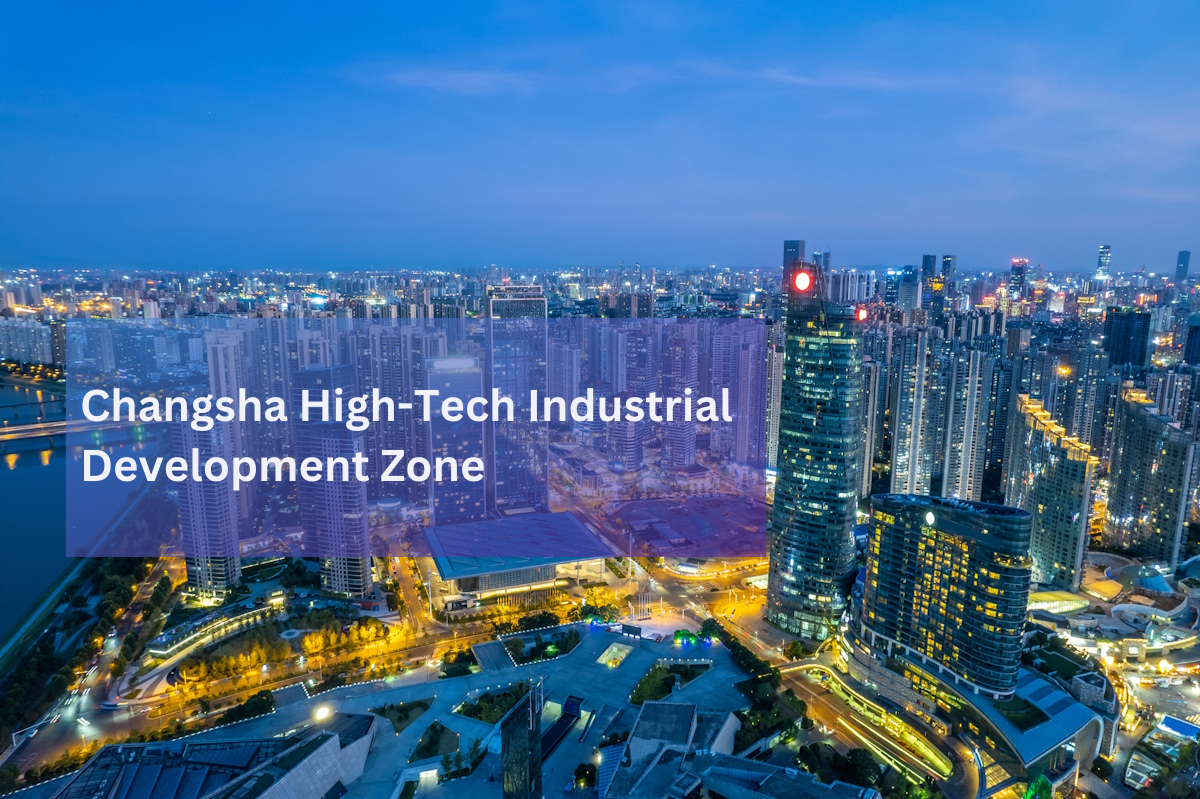
Hefei - Pioneering New Energy and Green Manufacturing
Hefei, the capital of Anhui province, has embraced a unique vision of pioneering new energy and green manufacturing. As China's commitment to environmental sustainability grows, Hefei has positioned itself as a key player in renewable energy technology and environmentally friendly manufacturing. This section explores Hefei's focus on new energy, particularly solar panels, and its dedication to promoting green manufacturing practices.
Hefei's Focus on New Energy and Green Manufacturing
Hefei's shift towards new energy and green manufacturing aligns with China's broader goals of transitioning to a more sustainable and low-carbon economy. The city has invested in renewable energy projects, particularly in solar energy. Hefei's solar panel production capacity has witnessed significant expansion, contributing to China's position as a leading global player in solar technology.
Solar Panels and Renewable Energy Technology
Hefei's solar panel manufacturing facilities produce photovoltaic cells and modules that harness solar energy to generate electricity. These solar panels find applications in residential, commercial, and industrial settings, providing a clean and renewable energy source. Hefei's advancements in solar technology have not only contributed to China's domestic energy needs but also fueled its exports to meet international demand.
Hefei's Commitment to Environmental Sustainability
Hefei's pursuit of new energy and green manufacturing goes beyond solar panels. The city has actively promoted eco-friendly practices in various manufacturing sectors, focusing on energy efficiency, waste reduction, and resource optimization. Hefei's commitment to environmental sustainability has earned it recognition as a model city for green manufacturing, inspiring other regions to follow suit.
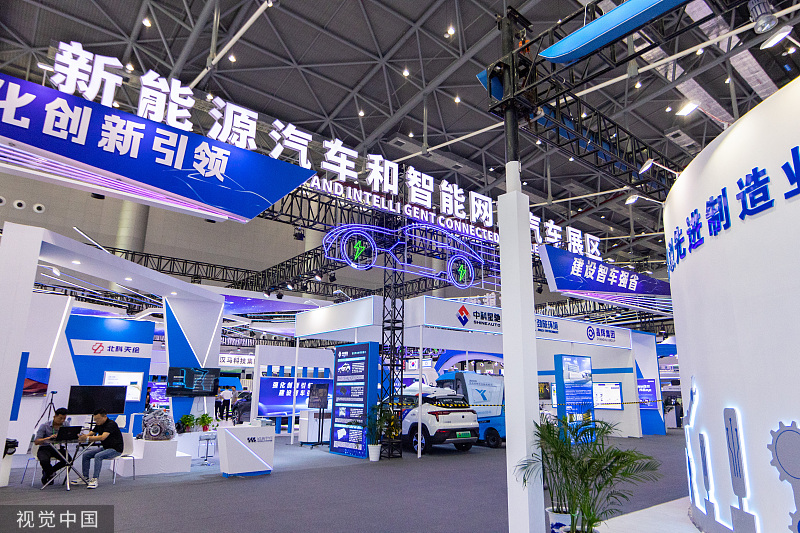
Ningbo - The Port City Driving Manufacturing and Trade
Situated along the coast of Zhejiang province, Ningbo has carved its place as a port city driving manufacturing and trade. Known for its robust industrial base, Ningbo is home to a diverse range of manufacturing sectors, complemented by its significance as a major port and trading center. This section explores Ningbo's manufacturing prowess, the importance of its special economic zones and industrial parks, and the opportunities it offers for trading and exports.
Ningbo's Significance as a Major Port and Manufacturing Center
Ningbo's strategic location on the coast of the East China Sea has made it a vital maritime gateway for trade. The city's port ranks among the busiest in the world, handling a vast volume of cargo, including raw materials and finished goods. Ningbo's manufacturing capabilities span a wide spectrum, encompassing industries such as textiles, machinery, electronics, and automotive.
Special Economic Zones and Industrial Parks in Ningbo
Ningbo's economic vibrancy is further bolstered by its special economic zones and industrial parks. These designated areas offer businesses a conducive environment for manufacturing, trading, and investment. Special economic zones, such as the Ningbo Free Trade Zone, provide companies with tax benefits, streamlined customs procedures, and access to a wide range of services, encouraging both domestic and foreign investments.
Trading and Export Opportunities in Ningbo
Ningbo's significance as a port city extends beyond domestic manufacturing; it also plays a vital role in facilitating international trade. The city's well-developed logistics infrastructure, efficient customs clearance, and excellent connectivity to global markets have made it an attractive destination for trading and exports. Companies in Ningbo have access to a vast network of trade partners, making it an essential player in China's global trade relations.
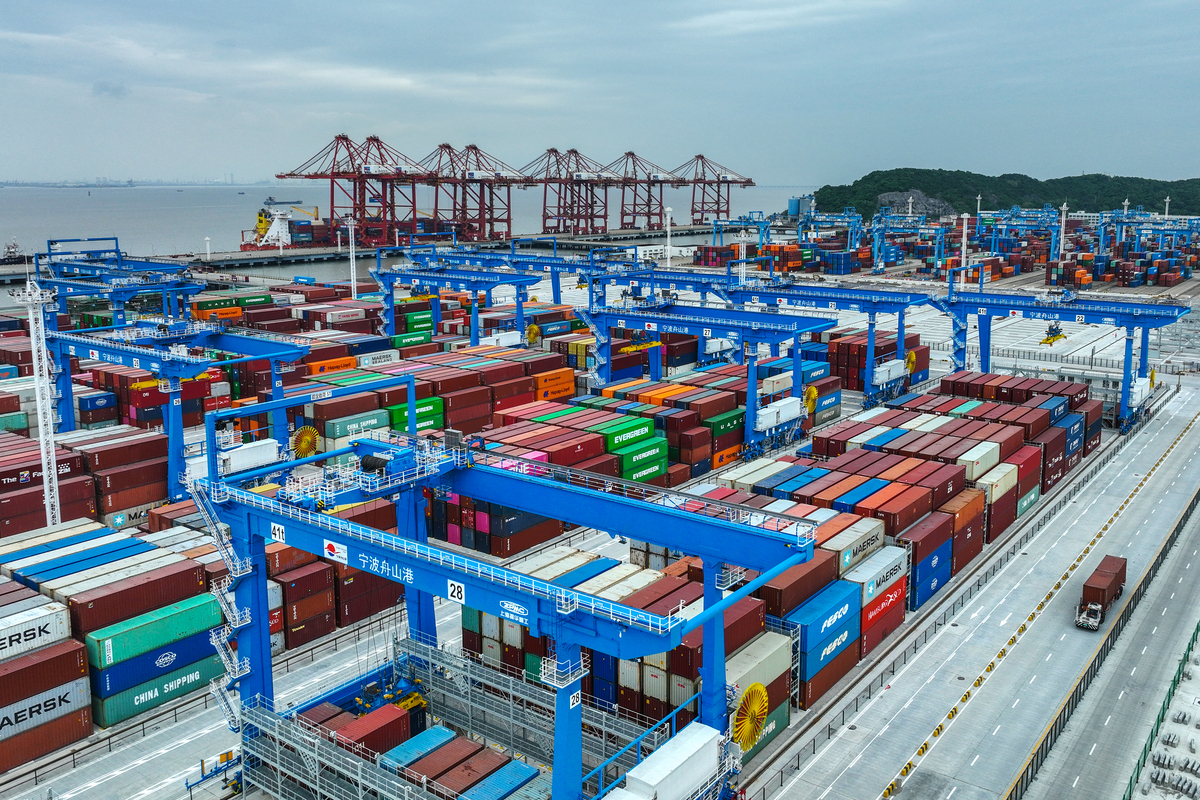
Foshan - Craftsmanship and Artistry in Manufacturing
Foshan, a city with a rich history in craftsmanship and artistry, has translated its heritage into modern manufacturing excellence. Renowned for its traditional techniques and artistic flair, Foshan's manufacturing sector today is distinguished by its production of furniture and ceramics. This section explores Foshan's reputation for craftsmanship, its specialization in furniture and ceramics manufacturing, and the city's efforts to preserve traditional techniques in a modern manufacturing landscape.
Foshan's Reputation for Craftsmanship and Artistry
Foshan's legacy in craftsmanship and artistry dates back to ancient times, when it was renowned for producing exquisite ceramics, sculptures, and other artistic creations. Today, Foshan's skilled artisans carry forward this tradition of precision and attention to detail, manifesting in its modern manufacturing practices.
Furniture and Ceramics Manufacturing in Foshan
Foshan's modern manufacturing prowess is prominently displayed in the furniture and ceramics industries. The city is a hub for furniture production, where skilled artisans blend traditional craftsmanship with contemporary design to create high-quality furniture for both domestic and international markets. Additionally, Foshan's ceramics manufacturing sector produces a diverse range of products, including tiles, sanitary ware, and decorative ceramics.
Preserving Traditional Techniques in Modern Manufacturing
As Foshan embraces modern manufacturing techniques, the city is determined to preserve its traditional craftsmanship. Artisans are encouraged to pass on their skills to the younger generation, ensuring that the artistry and heritage of Foshan's manufacturing remain intact. This commitment to preserving traditional techniques gives Foshan's products a distinct appeal and sets them apart in a competitive market.
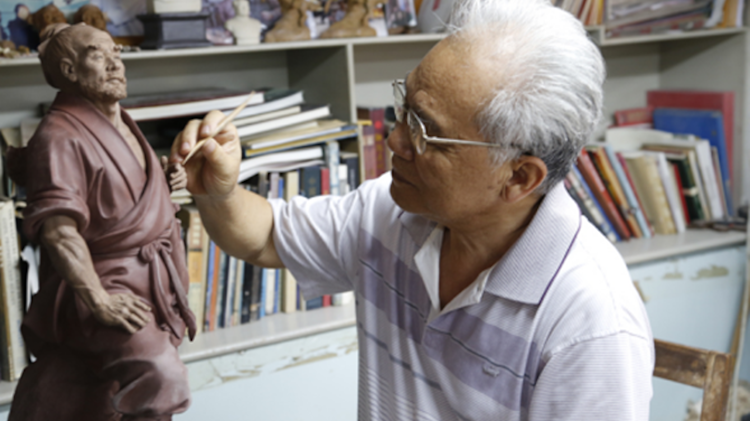
Jinan - The Pharmaceutical and Biotechnology Manufacturing Hub
Jinan, the capital of Shandong province, has carved a niche for itself as a pharmaceutical and biotechnology manufacturing hub. With a growing presence in pharmaceutical production and biotechnology research, Jinan's impact on China's healthcare industry is significant. This section explores Jinan's rise in pharmaceutical manufacturing, its efforts in biotechnology research and development, and the impact of its medical exports on the global stage.
Jinan's Growing Presence in Pharmaceutical Manufacturing
Jinan's pharmaceutical manufacturing sector has seen remarkable growth, with the city hosting a cluster of pharmaceutical companies and manufacturing facilities. These companies produce a wide range of medicines and healthcare products, catering to both domestic and international markets. Jinan's commitment to producing high-quality pharmaceuticals has bolstered China's healthcare industry, contributing to improved medical services and patient care.
Biotechnology Research and Development in Jinan
Complementing its pharmaceutical manufacturing strength, Jinan has emerged as a center for biotechnology research and development. The city houses several research institutions and biotech companies that focus on developing advanced medical technologies, therapeutic drugs, and biopharmaceuticals. Jinan's biotechnology advancements have the potential to revolutionize medical treatments and contribute to the development of innovative healthcare solutions.
The Impact of Jinan's Medical Exports
Jinan's pharmaceutical and biotechnology prowess is not confined to China's borders; it extends to global markets through medical exports. The city's pharmaceutical products, biopharmaceuticals, and medical equipment find demand in numerous countries, bolstering China's trade relations and contributing to the nation's economic growth. Jinan's medical exports play a pivotal role in positioning China as a key player in the global healthcare industry.
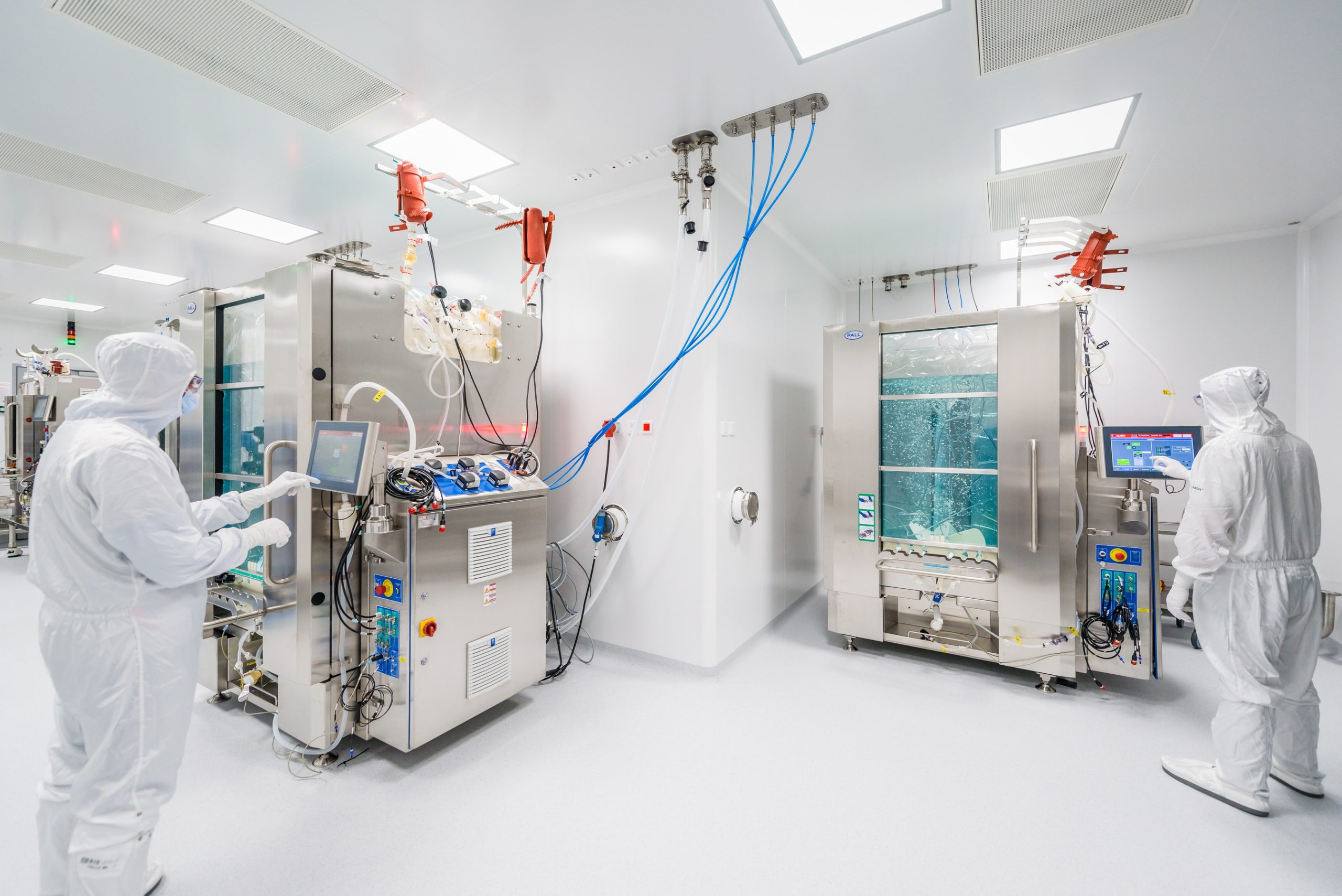
Conclusion
China's diverse manufacturing cities collectively form a formidable force driving the country's economic growth and global influence. From Shenzhen's tech hardware innovation to Guangzhou's textile legacy, and from Chengdu's aerospace endeavors to Xi'an's high-tech research, each city brings its unique strengths to the table. As China continues to evolve, these manufacturing cities will remain critical pillars of its economic foundation.
The continuous evolution of China's manufacturing sector is a testament to the country's unwavering commitment to innovation and adaptability. The rapid growth of these cities, from ancient craftsmanship to cutting-edge technologies, showcases China's ability to stay ahead of the curve in a rapidly changing global economy.
In conclusion, the role of manufacturing cities in driving China's economic growth cannot be underestimated. Their contributions have not only transformed the nation's economy but also reshaped the global manufacturing landscape. As these cities continue to forge ahead, China's manufacturing sector is set to play an increasingly influential role in shaping the world economy.
